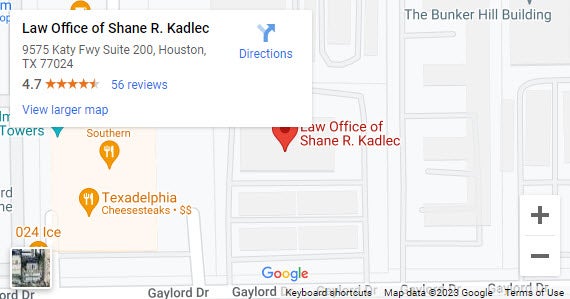Construction is one of the most dangerous careers in the United States in terms of both the risk for workplace injury and the potential for a workplace fatality. There are a host of risks, ranging from machinery and the potential for falls to electrocution, that creates on-the-job dangers for construction workers.
In many circumstances, construction workers who get hurt qualify for workers’ compensation benefits. However, those who are independent contractors or self-employed may not qualify for those benefits. Workers can also find that their employers challenge their claims or may not have carried the necessary insurance to protect their staff.
There are situations in which an injured worker can bring a claim against their employer after a workplace injury. When is such a lawsuit an option for an injured construction worker?
Employers who break the law open themselves up to claims
There are certain safety rules in place to reduce the risk of injury or death while working in construction. Your employer should remain informed about both Texas and federal laws and do everything in their power to remain compliant.
Those efforts should include posting workplace hazard information provided by the Occupational Health and Safety Administration (OSHA) in employee spaces and providing staff with adequate safety equipment and training. OSHA has special rules in place specifically to help protect construction workers.
If your employer does not educate you about your rights or make sure that everyone has proper safety training in compliance with the law, they may be liable if someone gets hurt as a result. The same is true when employers intentionally hire undocumented workers without training or providing safety equipment because they believe these workers won’t advocate for their rights.
Negligence on the part of an employer can also lead to worker claims
A construction company doesn’t have to openly break the law in order to wind up legally and financially liable for the injuries suffered by its workers. They can also become liable through negligence.
Failing to maintain safe facilities or to repair machinery and equipment are examples of employer negligence. Not providing supplemental safety training or inspecting safety equipment routinely could also constitute negligence.
If your employer has inadequate safety practices or has engaged in illegal behavior, you may have grounds to bring a claim against the company if you get hurt on the job.




